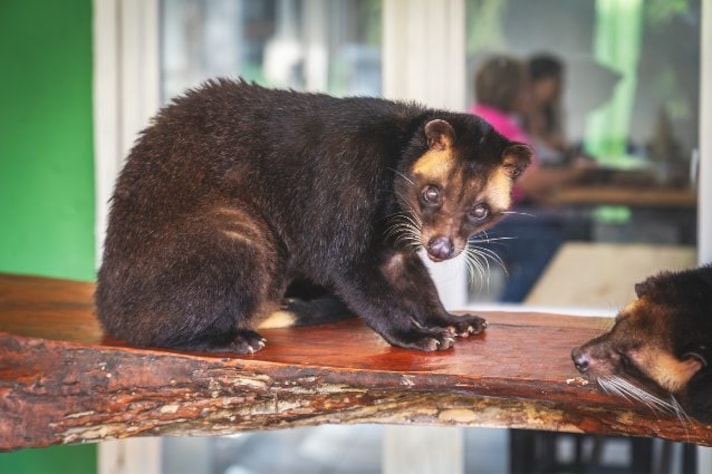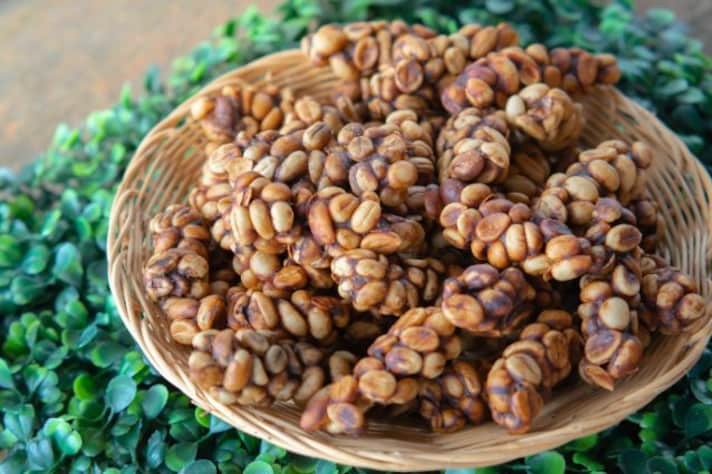Kopi Luwak: How Coffee Beans Transformed by Civets Create a Unique (And Pricy) Brew
Animal poop coffee, or Kopi Luwak, is made from beans eaten and excreted by civet cats, resulting in a coffee with a distinctive smooth flavor. This unique brew is labor-intensive and expensive due to its limited production and high demand. Ethical concerns about civet welfare should be considered when purchasing.

Animal poop coffee, or "civet coffee," is one of the most unusual and intriguing beverages in the world. This coffee comes from beans that have been eaten and excreted by civet cats, small mammals native to Southeast Asia. Known for its smooth, rich flavor, animal poop coffee has captured the curiosity of coffee enthusiasts around the globe. What makes this coffee so special?
What Is Animal Poop Coffee?
Animal poop coffee, more formally known as Kopi Luwak, is made using coffee beans that have passed through the digestive system of the civet cat. The civet's enzymes are believed to alter the beans' chemical composition, resulting in a smoother, less acidic flavor profile. The process begins with the civet consuming ripe coffee cherries, which are then excreted and collected. The beans are thoroughly cleaned, roasted, and brewed to produce this unique coffee.

The Process of Making Kopi Luwak
Civet cats are known for their selective eating habits. They choose only the ripest and best quality coffee cherries. After ingestion, the beans are expelled along with the feces. Farmers or collectors then gather the beans from the feces. Once collected, the beans are thoroughly washed to remove any contaminants. They are then roasted to develop the flavors. The roasting process is crucial as it helps to bring out the unique taste characteristics of the coffee. After roasting, the beans are ground and brewed just like any other coffee. The result is a cup of coffee with a distinctive smoothness and a complex flavor profile that many find appealing.
Why Is Animal Poop Coffee So Expensive?
Several factors contribute to the high price of Kopi Luwak:
Labor-Intensive Production
The process of collecting, cleaning, and roasting the beans is labor-intensive and time-consuming. This contributes to the overall cost of the coffee.
Scarcity
The production of Kopi Luwak is limited due to the specific conditions required for the beans to be processed. Additionally, ethical concerns regarding the treatment of civets have led to a reduction in the number of legitimate producers.

Demand vs. Supply
The unique nature of this coffee creates high demand, which, combined with limited supply, drives up the price.
Ethical and Environmental Considerations
There are significant ethical concerns surrounding the production of Kopi Luwak. In some cases, civets are kept in captivity in poor conditions to produce coffee, which raises animal welfare issues. To address these concerns, it's important to purchase Kopi Luwak from reputable sources that ensure the civets are treated humanely and live in their natural habitat.
;Resize,width=767;)



